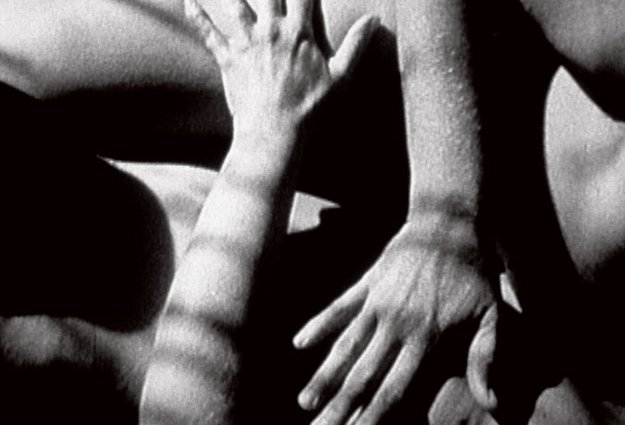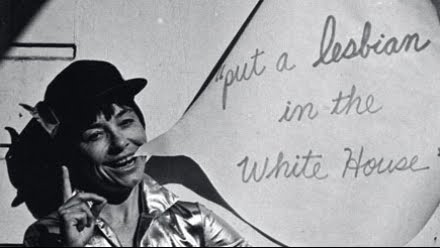25 October, 2011 Interview with Queer Filmmaker Barbara Hammer: To Find Lesbian History it is Necessary to Read Between the Lines.
From the beginning of the 1970s you have been working with experimental images. How does it feel to be a taboo-breaker?
Have you ever been blamed of violating aesthetical norms by showing explicit sex scenes or ‘forbidden’ images like menstruation? How do you react in such cases?
You have huge experience in the historical re-discovering and re-writing of lesbian sexuality. Where should one start when it seems that there were no lesbians in the history?
Do you think your approach could be useful in other countries and in Russia particularly?
You stood at the very beginning of a new lesbian cinema after the second wave of feminist ideas and the Stonewall 1969. What has changed in the American society in the last 30 years regarding homophobia? Do you feel the situation is getting better?
In your films some prominent voices like Adrienne Rich and Michel Foucault are heard. It seems that they have influenced your visual art a lot. How is the modern philosophy and theory connected to your work?
Have you ever been to Russia? Are you aware of the situation with the LGBTIQ in this country? What do you think could help to make this society more open and tolerant?
Do you think a film can change the society? In conversation with Inga Pilipchuk
|
Back to previous page







































































.jpg) Barbara, how did you come up with the idea of making films about lesbians?
Barbara, how did you come up with the idea of making films about lesbians? Your cinematic style is abstract and provokes a lot of associations. Is it a claim for subjectivity in the process of history making and history telling?
Your cinematic style is abstract and provokes a lot of associations. Is it a claim for subjectivity in the process of history making and history telling? We must continue, we must not be afraid; we must fight for our human dignity and our civil rights each queer person in each nation according to their own ways. We are a global group but none of us from any nation can tell another representative group from another nation how to act, when to act, and what to do. I trust you will find your way in Russia and I will do whatever I can do to help you. You lead, others, and I follow.Carry on, be courageous, take heart and most of all enjoy the pleasures in your own life: Be Gay!
We must continue, we must not be afraid; we must fight for our human dignity and our civil rights each queer person in each nation according to their own ways. We are a global group but none of us from any nation can tell another representative group from another nation how to act, when to act, and what to do. I trust you will find your way in Russia and I will do whatever I can do to help you. You lead, others, and I follow.Carry on, be courageous, take heart and most of all enjoy the pleasures in your own life: Be Gay!



